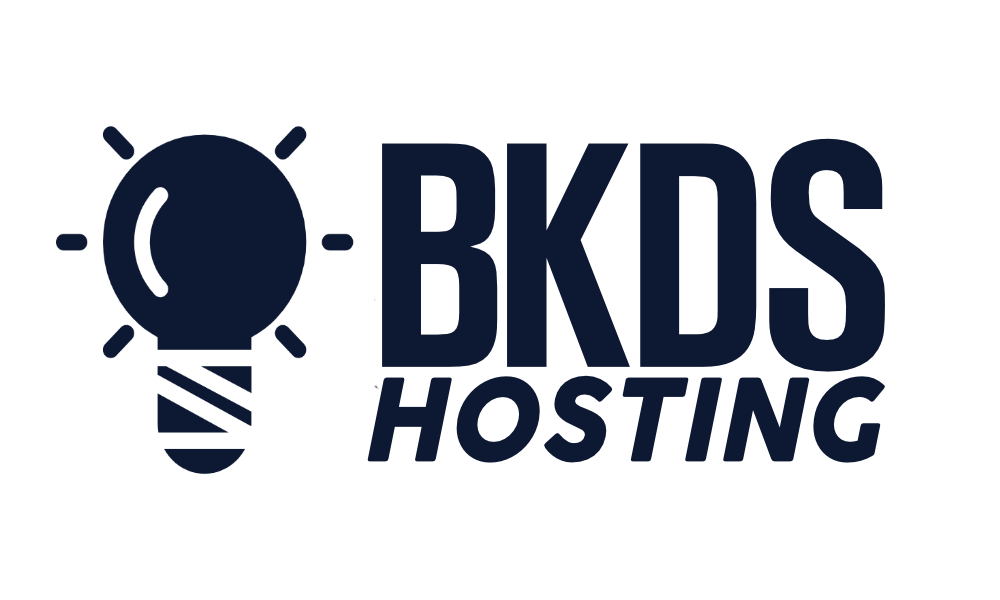In a world increasingly dominated by online transactions and digital interactions, the reliability and stability of a business website can directly impact its bottom line. A consistently operational website is not just an asset, but a necessity in today's business landscape. But what exactly does website uptime mean to a business and why does it hold such a pivotal role in its success? How does the availability of a website influence consumer trust, search engine rankings and, ultimately, the revenues of a business? These are some of the pertinent questions that require a deeper exploration to truly understand the critical nature of consistent website uptime for businesses.
Understanding Website Uptime Importance

The crucial role of website uptime in the digital realm cannot be overstated, as it directly impacts a business's online visibility, customer satisfaction, and ultimately, its bottom line. The Importance of Uptime is not merely a catchphrase; it is a critical factor that influences a company's capacity to engage with its audience and conduct business in the digital sphere.
A consistent website uptime for businesses is an absolute necessity in the modern era, where instantaneous access to information is expected. Any downtime can lead to substantial revenue loss and damage to a company's reputation. Shifts in the digital landscape necessitate innovative solutions for maintaining consistent uptime, making website uptime monitoring a fundamental aspect of a company's digital strategy.
Website uptime monitoring provides a technical solution, allowing for real-time tracking of website functionality and immediate response to any downtime incidents. This proactive approach ensures a seamless online experience for users, which, in turn, fosters customer loyalty and enhances business performance. Understanding the Importance of Uptime and implementing robust monitoring systems is a strategic move towards achieving digital resilience and competitive advantage.
Impact on Sales and Customer Trust
How significantly does website downtime affect a business's sales and customer trust? A study reveals a direct correlation between these elements, emphasizing the essentiality of consistent website uptime for businesses.
Downtime disrupts the user experience, often prompting potential customers to seek alternatives, thereby negatively impacting sales. This ripple effect extends to revenue, leading to substantial financial losses. Consequently, maintaining consistent website uptime becomes a critical business strategy to retain customer interest and secure sales.
Moreover, frequent website downtime can lead to a drop in search engine rankings, affecting online visibility and organic traffic. This scenario can further exacerbate the impact on sales, as decreased visibility can mean fewer potential customers.
Customer trust, an invaluable asset for businesses, is also significantly influenced by website uptime. A consistently available website reinforces reliability, fostering trust and loyalty among customers. However, erratic website availability undermines this trust, potentially driving customers to competitors.
SEO Consequences of Downtime

In addition to the aforementioned impact on sales and customer trust, website downtime carries severe consequences for search engine optimization (SEO), a critical component of a business's online presence and visibility. Persistent downtime can lead to a drop in organic search rankings. SEO relies heavily on website uptime to maintain visibility and audience engagement, both of which can be drastically affected by downtime.
The seo consequences of downtime include reduced visibility, decreased site traffic, and potential reputation damage. Downtime, caused by server and network failures or lack of control over hosting services, can lead to lower SEO performance. It's crucial for businesses to ensure consistent uptime to avoid these detrimental effects.
Here is a table summarizing the effects of downtime on SEO:
| Downtime Effect | SEO Consequence |
|---|---|
| Negative Publicity | Reduced Visibility |
| Customer Abandonment | Decreased Traffic |
| Network Failures | Lower SEO Performance |
| Inaccurate Uptime Data | Impeded SEO Monitoring |
| Consistent Downtime | Financial Losses |
Tools for Monitoring Website Uptime
Businesses' need for seamless online operations highlights the importance of tools for monitoring website uptime, which can significantly enhance server performance, detect hardware failures promptly, and enable quick resolution of problems. Uptime monitoring tools are not merely technical accessories; they are indispensable assets for any digital business model. They provide a constant oversight on server performance, enabling swift problem detection and resolution.
Analyzing the technical specifics, these tools work by keeping a vigilant eye on potential hardware failures, bugs, or crashes. Upon detection, immediate alert notifications are sent, facilitating prompt action and mitigation. This reduces website downtime significantly, ensuring uninterrupted service to customers.
Moreover, these tools offer a detailed analysis of website performance patterns. This data-rich insight can aid in devising strategies to improve user experience and enhance brand credibility.
The choice of uptime monitoring tools is also decisive. Services like Infraon offer comprehensive solutions to monitor website uptime, prevent revenue loss due to downtime, and uphold a brand's digital presence. Hence, the tools for monitoring website uptime are the bedrock for maintaining the competitive edge in today's digital business landscape.
Preventing Downtime: Best Practices

While the tools for monitoring website uptime form the foundation for robust online operations, it is equally crucial to explore the best practices for preventing downtime to ensure uninterrupted service and maintain customer trust. By reducing the amount of downtime, businesses can achieve consistent website uptime, a critical element in today's digital economy.
- Regular Monitoring: Regular website monitoring allows for early identification of potential issues that could lead to downtime. This proactive approach enables timely intervention, reducing the amount of downtime and maintaining the essentiality of consistent website uptime for businesses.
- Hardware Maintenance: Efficient hardware maintenance is critical in preventing downtime. Monitoring tools can provide quick alerts for hardware failures, allowing for immediate corrective actions, and ensuring uninterrupted service.
- Bug Identification & Crash Prevention: Website monitoring solutions can help in identifying bugs that could cause potential crashes. Preventive measures can be implemented timely, thus reducing downtime and further reinforcing the importance of robust online operations.
Adhering to these 'Preventing Downtime: Best Practices' will not only improve brand credibility but also foster customer trust, two factors that contribute significantly to the overall success of an online business.
Conclusion
In conclusion, consistent website uptime is integral to business success. It not only influences customer trust and revenue generation but also impacts SEO rankings. Employing reliable uptime monitoring tools and adhering to best practices for preventing downtime can significantly enhance a business's online presence. Thus, prioritizing website uptime is a strategic move towards achieving business sustainability and growth.

